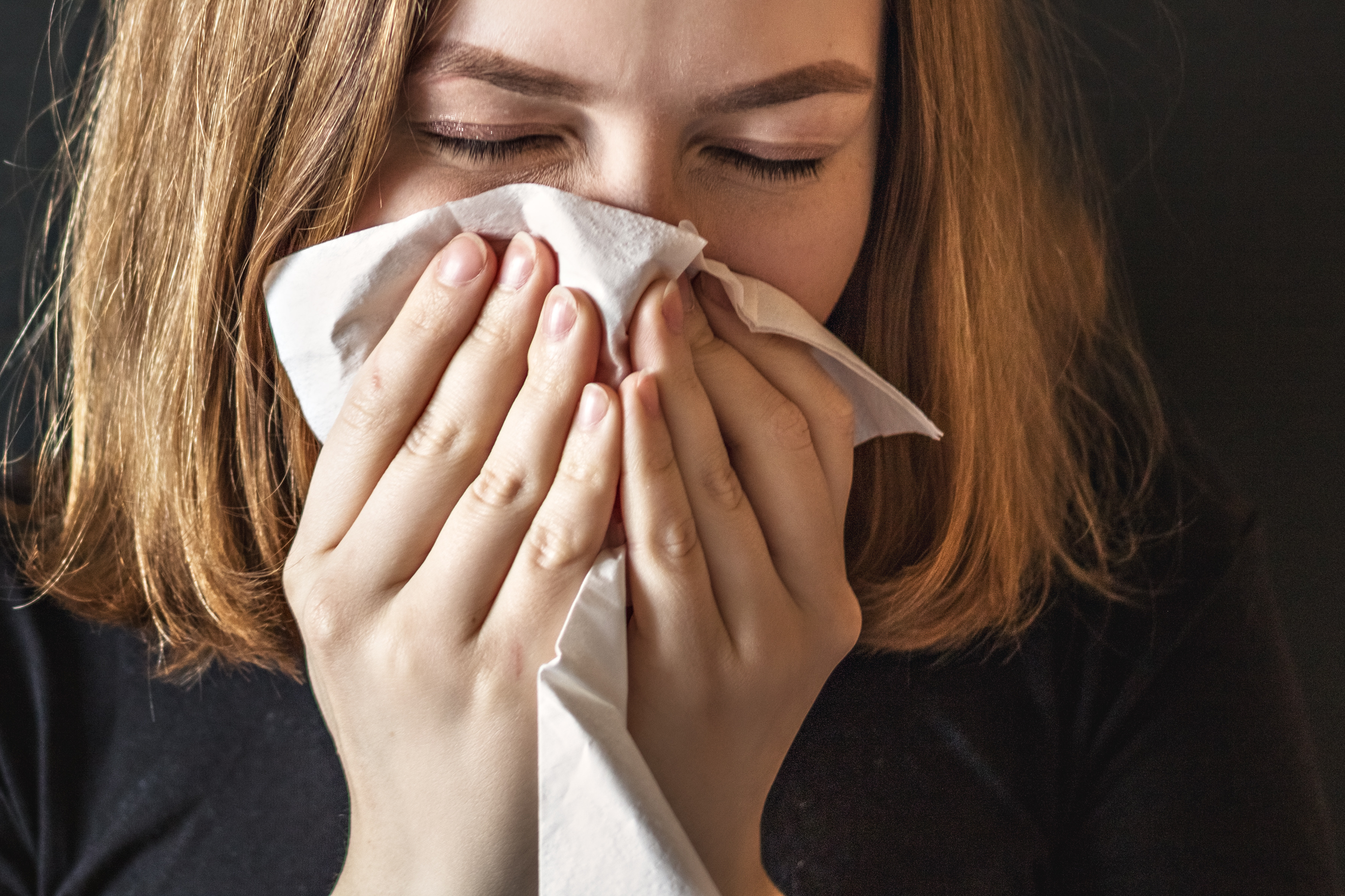The Link Between Allergies and Sleep Quality
While allergies are commonly associated with sneezing fits and itchy eyes, their impact extends far beyond daytime discomfort. Many individuals are unaware of how allergies can profoundly disrupt sleep, leading to restless nights and groggy mornings. The interplay between allergies and sleep is a complex dance that affects millions worldwide, yet it often goes unnoticed. This article delves into the nuanced ways allergies interfere with sleep and provides actionable strategies to reclaim restful nights. By understanding the underlying mechanisms and identifying practical solutions, you can transform your sleep experience and improve overall well-being.
1. The Science of Allergies: Understanding the Culprits
Allergies occur when the immune system overreacts to substances such as pollen, dust mites, or pet dander. This hypersensitivity triggers the release of histamines, leading to inflammation and symptoms like congestion and itching. At night, these symptoms can become more pronounced due to lying down, which causes nasal passages to swell further. The body's natural circadian rhythms also influence the severity of allergic reactions, with some allergens peaking at night. Understanding these processes is crucial for addressing how allergies impact sleep and devising effective strategies to mitigate their effects.
2. Nasal Congestion: The Silent Sleep Disruptor

Nasal congestion is a primary reason allergies disrupt sleep. When allergens cause nasal passages to swell, breathing becomes labored, leading to frequent awakenings and poor sleep quality. This congestion can also contribute to snoring and sleep apnea, further complicating restful sleep. The struggle to breathe comfortably can prevent the transition into deep sleep stages, which are essential for physical restoration and memory consolidation. By identifying and addressing nasal congestion, individuals can significantly improve their sleep quality and reduce the impact of allergies on their nightly rest.
